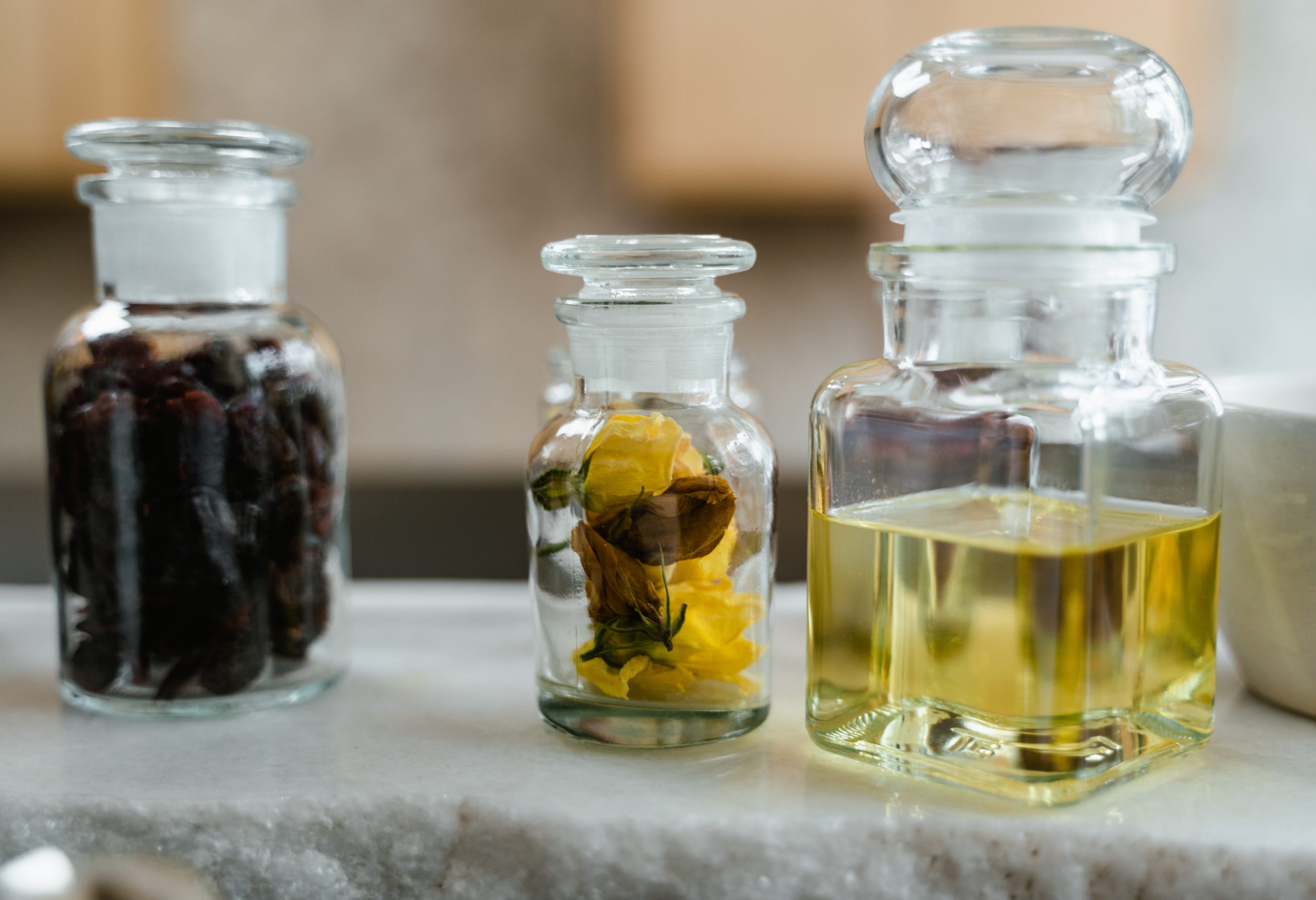Vinegar is a clear liquid with a sour taste, usually a solution of acetic acid of one concentration or another. It’s hard to say who is older – vinegar or wine. One thing is certain: vinegar, like wine, has been used by man since time immemorial, and not only in cooking. It is still used today as a spice, seasoning, disinfectant and even a cleaning agent.
Synthetic or natural?
Vinegar: instructions for use
Vinegar is obtained either synthetically or by fermentation of natural alcohol-containing liquids – wines, must, honey, juice, etc. Synthetic vinegar is made from gas and wood waste. It is cheap, but lacks a specific flavor, and is more suitable for non-food use. For many years table vinegar was a vinegar essence diluted to a certain percentage, obtained by chemical means, and there were not enough fans of such a seasoning.
Today in the culture of using vinegar is reviving, and more and more often our kitchen cabinets are decorated with colorful bottles with a variety of natural vinegars. Natural vinegar is more expensive than synthetic vinegar and is obtained by fermentation. A set of conditions is optimal for fermentation: oxygen access, a sufficiently high temperature (about 30 ° C) and not too high concentration of ethanol in the fermented liquid. In such conditions, acetic acid bacteria feel the best and multiply actively. Natural vinegar has a whole bunch of various acids, esters, alcohols and aldehydes in its composition, so it has a delicate aroma and taste.
What is vinegar?
In the United States, a liquid can be called vinegar if it contains at least 4% acetic acid. In Russia, the quality and types of natural vinegars are regulated by GOSTs, which manufacturers are guided by. Vinegars in our country are divided into alcoholic, alcoholic flavored, apple and wine. But in fact, there are many more types of vinegars in the world.
There is a large group of fruit vinegars, of which apple cider vinegar is the most famous. Apple cider vinegar is legendary. Young ladies who dream of losing weight consider apple cider vinegar to be the key to marshmallow harmony, and drink it in liters. But, although apple cider vinegar contains a lot of useful substances, you should not use it uncontrollably. This vinegar is made from apple juice (cider). It is not as vigorous as other types of vinegar and has a delicate aftertaste. In cooking, it serves as a seasoning for poultry and fish dishes, is used as a marinade and acidifier for fruit compotes. Raspberries, quince, black currants and even tomatoes are also good as a base for vinegar. In New Zealand, for example, kiwi fruits are used to make vinegar, and in South Korea, persimmons are used.
Wine vinegar is popular in countries where winemaking is developed. Vinegar, obtained from red wine, is considered a classic, and is used for dressing salads, as a marinade and as a component of many sauces. According to legend, it was red vinegar that saved four thieves from the plague during the dark Middle Ages. Vinegar, which is made from white wine, is lighter than red wine. It is often used as a substitute for wine in cooking, and is suitable for shading the flavors of watermelons, melons and strawberries. Wine vinegars are very popular in France. In Spain, there is a variety of wine vinegar – sherry vinegar, which has a sweetish taste. And in Turkey they make soft wine vinegar from raisins.
Rice vinegar is loved in the East, especially in Southeast Asia. Moreover, rice vinegar is white, red and black. In Japan, light white rice vinegar is used in salads and sushi. The Chinese prefer strong black vinegar, perfect with meat dishes. Sweetened red rice vinegar is used in seafood dishes.
Cane vinegar is a fermentation product of a syrup made from sugar cane. This type of vinegar is most widespread in the Philippines. Cane vinegar is sweet and sour, so it is good with fried and stewed pork, fish and poultry. Coconut vinegar is also popular in the Philippines, for which coconut milk is fermented right in the nut.
Malt vinegar is believed to have been invented by the British. But he is loved in Bavaria, the Netherlands, and Austria. It is made from fermented barley wort and is not very strong. Malt vinegar also comes in three flavors: distilled, light, and dark. Clear distilled malt vinegar is used to make marinades, salad dressings and sauces are made with light vinegar, and dark, tart malt vinegar is best with fried fish and meat.
Balsamic vinegar is considered the king of natural vinegars. This balsamic is made in Italy, keeping a mixture of wine vinegar and boiled grape must in barrels made of different types of wood for several years. For a bright accent, literally a few drops of balsamic vinegar are enough: they are sprinkled with salads, added drop by drop to ice cream and fruit desserts.
Flavored vinegar is obtained by infusing various spices and herbs with ordinary table vinegar. It will take about two weeks for the vinegar to develop a distinct and pleasant aroma.
What can be done with vinegar?
Basically, vinegar is popular as a dressing for a variety of salads. Even its name in many languages is similar to our word “vinaigrette”. In salads, vinegar is no worse than lemon juice, and flavored or balsamic is much better.
Vinegar is one of the main ingredients in fish or meat marinades. At the same time, products should not be poured with vinegar: sometimes a few teaspoons are enough. Vinegar is also widely used in the preparation of various vegetables for the winter. Since vinegar contains acetic acid, it is great for food preservation. Most microorganisms that spoil food cannot live in an acidic environment.
Soda is quenched with vinegar when making shortcrust pastry, added to sauces, curdled with milk.
Vinegar adds a special flavor to Japanese and Chinese cuisine, especially sushi and roast pork.
Vinegar can help boil pretty and easy-to-clean chicken eggs when added to boiling water. Two tablespoons will be enough for a liter of water.
Rice will not stick together if you add a teaspoon of vinegar to the water where it is cooked.
For those who love to experiment in the kitchen, it will be interesting to make their own vinegar at home. It is perfect for salad dressings and sauces. But you should not twist jars of marinades based on homemade vinegar: it may not be concentrated enough, and the products will go bad.

